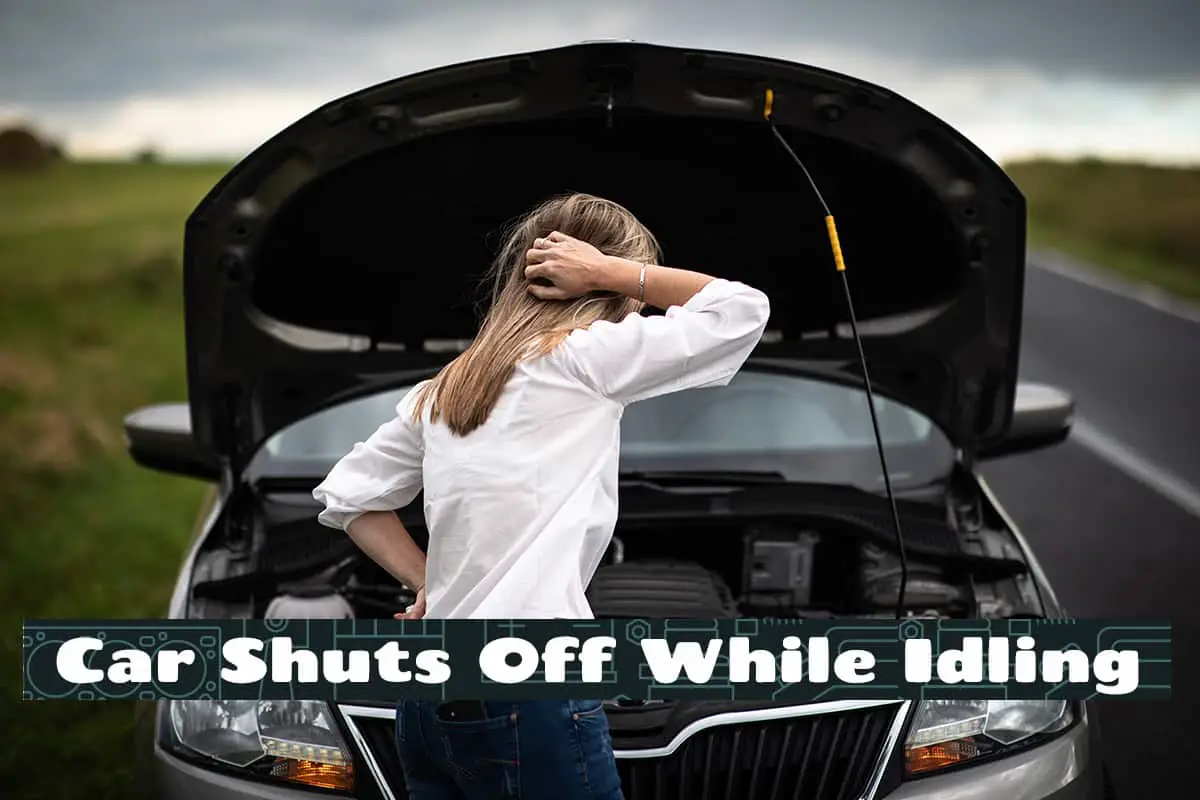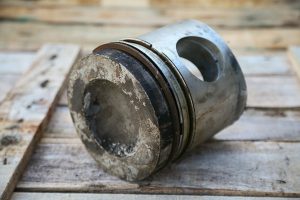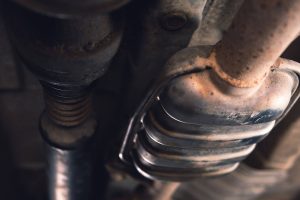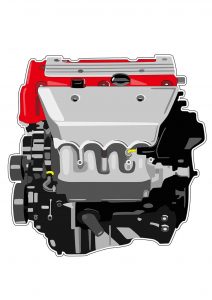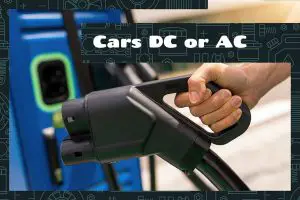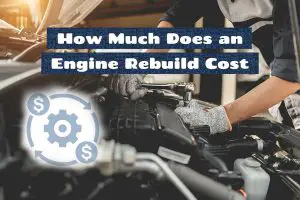The sudden and unexpected shutdown of a car while it’s idling can hint at potential underlying problems you should address promptly. This issue can stem from various sources, be it a simple glitch or a more complex mechanical failure.
Several factors may cause a car to shut off while idling, including:
- A problematic fuel system
- A faulty ignition switch
- A dirty or malfunctioning idle air control valve
- Poor compression
- A damaged power control module
Today, we will discuss the nuances of a car’s idling system, common reasons for such shutdowns, and potential diagnostic measures.
Intro to Car’s Idle System
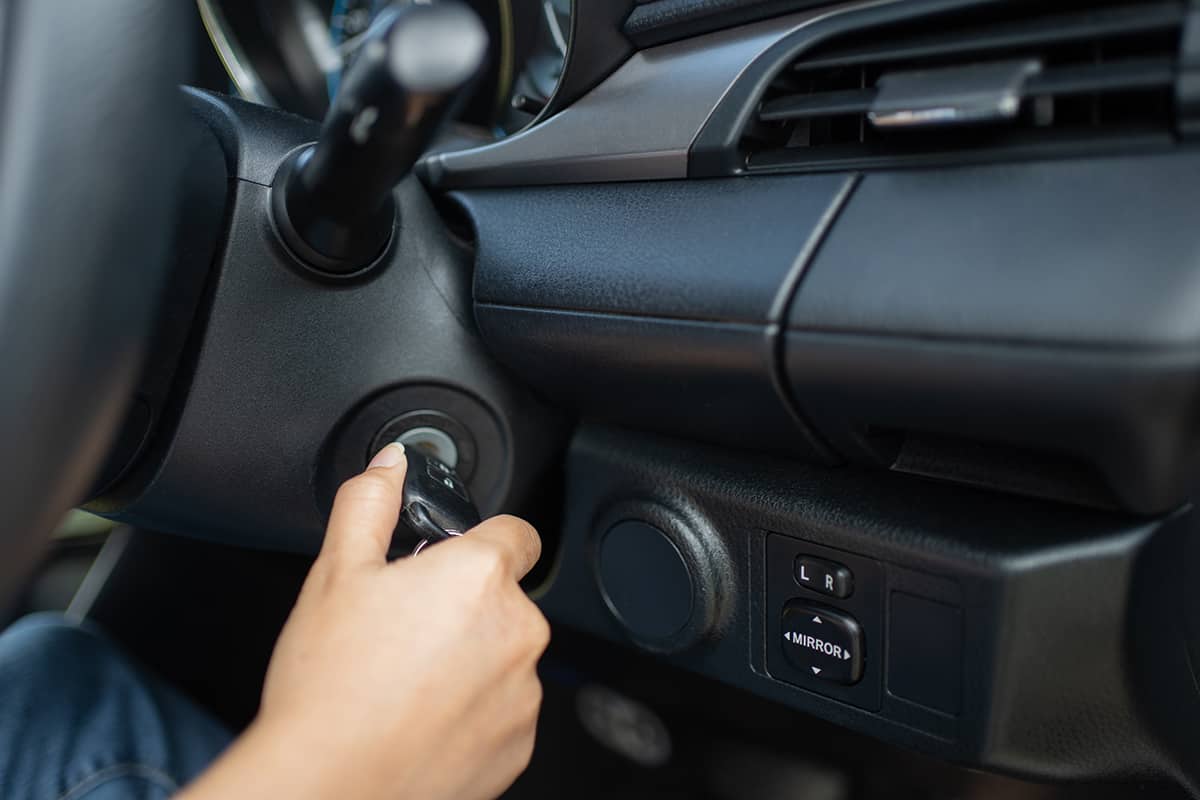
When you crank the ignition key and start your car, it’s not only the engine that comes to life. There’s a network of systems that spring into action, keeping your vehicle running even when it’s standing still. This is where your car’s idling system plays its role.
Definition of Car Idling
Car idling refers to a state where the engine is running while the vehicle is stationary. It’s akin to a runner on standby at the starting line, ready to spring into action. The idling system in your car ensures that your engine stays on, maintaining a consistent number of revolutions per minute (RPM), typically between 600 to 1,000 RPM for most vehicles.
This idle speed allows the engine to sustain its basic operational requirements without stalling, ready to respond instantly as you push the accelerator pedal.
Role of the Idling System
When your car idles, it powers essential systems such as the alternator that charges your battery and the air conditioning system. It also ensures a seamless transition from a stationary state to motion. Additionally, the idle state facilitates warming up the engine to its optimal operating temperature, particularly during cold starts.
The Idle Air Control (IAC) valve, part of this system, is a key player here. It regulates the amount of air that bypasses the throttle when the engine is idling. The car’s computer, the Engine Control Unit (ECU), uses information from various sensors to adjust the IAC valve, ensuring the engine maintains the correct idle speed under different conditions, such as when the air conditioner is running or when the engine is cold.
Common Reasons Why a Car Shuts Off While Idling
It can be disconcerting to have your car shut off on its own while idling. Here, we’ll explore the various causes of why this can occur.
1. Problematic Fuel System
The fuel system is responsible for delivering fuel from the tank to the engine where it’s mixed with air and ignited to produce power. If there’s an issue with the fuel system—like a malfunctioning fuel pump, clogged fuel injectors, or a faulty fuel pressure regulator—the engine may not get the necessary fuel while idling and could shut off. Often, these problems may be accompanied by symptoms like poor acceleration, decreased fuel efficiency, or difficulty starting the engine.
2. Malfunctioning Ignition Switch
The ignition switch initiates the vehicle’s electrical systems when you turn the key or push the start button. A failing ignition switch can cause a variety of problems, including a car that shuts off while idling. The switch can wear out or get dirty, leading to inconsistent connections and unexpected shutdowns.
3. Dirty or Faulty Idle Air Control Valve
As discussed earlier, the IAC valve manages your engine’s idle speed. It adjusts the amount of air that bypasses the throttle to maintain the engine’s RPM while idling. If the IAC valve gets dirty or fails, it might cause the engine to shut off while idling. Common symptoms of a faulty IAC valve include erratic idle speed, difficulty starting the car, or the check engine light turning on.
4. Poor Compression
The engine works by igniting a mixture of air and fuel in its cylinders. If the engine lacks sufficient compression due to issues like worn piston rings or leaky valves, it may fail to maintain idle and shut off.
5. Damaged Power Control Module
The Power Control Module (PCM) is essentially your car’s brain. It oversees a variety of systems and components, including the fuel injection system, ignition timing, and the IAC valve. If the PCM is damaged or failing, it can cause the engine to shut off while idling.
Diagnosing the Issue
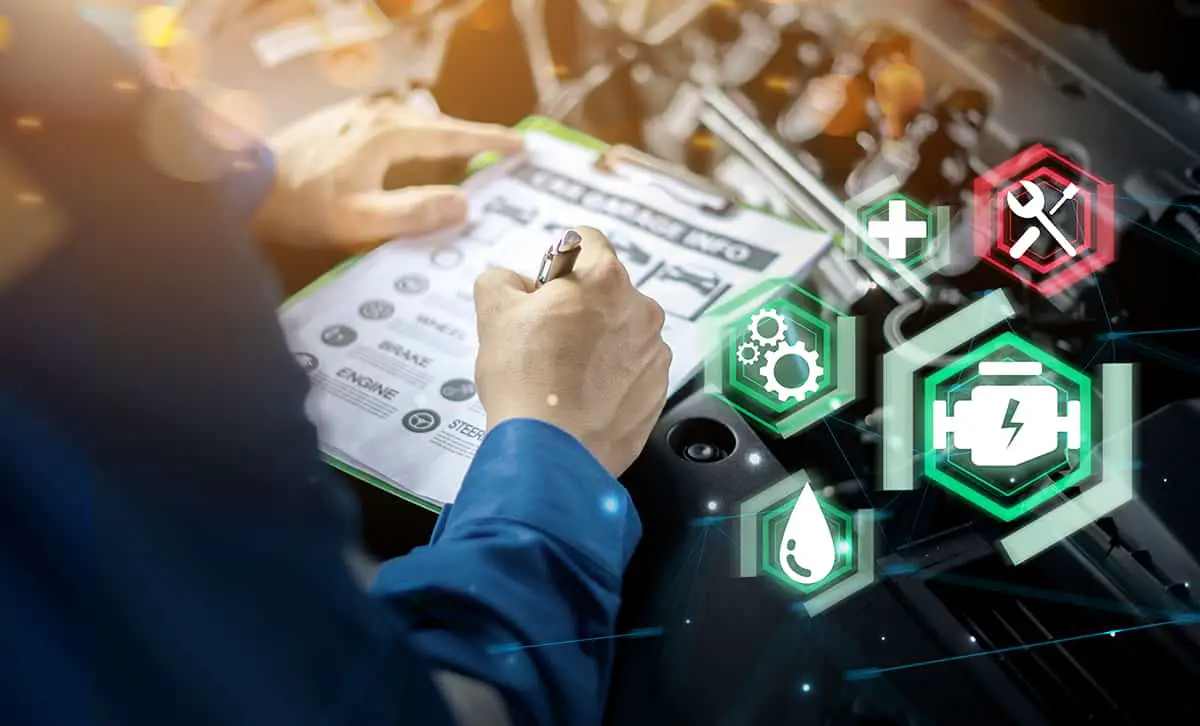
Figuring out the causes of why your car turns off while idling is only half the battle. The natural next step is to pinpoint the exact cause via a diagnosis process.
Visual Inspection
Check for any visible signs of damage or wear and tear, especially around the parts involved in the idling process. This includes the ignition switch, battery terminals, and various components of the fuel system, like the fuel pump and injectors. If you notice any leaks, cracks, or corrosion, it might point toward the underlying issue.
Listen to Your Car
Your vehicle has a way of communicating with you through its sounds. It’s essential to be attentive to any uncommon noises that occur when your car is idling. A sputtering or knocking sound may signal an underlying problem with the fuel system or engine components. On the other hand, a high-pitched whine could be indicative of an issue with the ignition switch or battery.
Check Engine Light
If this light is illuminated, it indicates that your car’s onboard diagnostic system has detected an issue. By connecting a code reader or a scanner to the car’s diagnostic port, you can retrieve the error code that triggered the light. This code can provide clues about what’s causing your car to shut off while idling.
Test Drive
A test drive can help you gauge how your car performs under different conditions. Notice how your car behaves when you start the engine when it’s idling, and when you’re driving. Does it struggle to start? Does it shut off only when idling, or also when driving? Does the idle speed fluctuate?
How to Prevent Your Car from Shutting Off While Idling
The adage, “Prevention is better than cure,” holds true in the world of automotive maintenance. Preventing your car from shutting off while idling is significantly more cost-effective and less stressful than dealing with it after the fact.
Regular Maintenance of the Fuel System
This includes regularly changing the fuel filter to ensure that the fuel reaching your engine is clean and free of debris. Regular use of fuel system cleaner can also help keep your fuel injectors in good condition. The fuel pump, a key component that can cause idling issues if defective, should be checked and serviced regularly by a professional.
Take Care of the Ignition System
Regularly inspect the ignition switch for signs of wear and tear. The spark plugs, which ignite the fuel-air mixture in the engine, should be replaced as per the manufacturer’s guidelines. The ignition coils, responsible for converting the battery’s low voltage to the high voltage needed for sparking the plugs, also require regular inspection and replacement if necessary.
Keep the Idle Air Control Valve Clean
The IAC valve can get clogged with dirt and carbon over time. Regularly cleaning the IAC valve with a throttle body cleaner can prevent this and ensure that the engine gets the correct amount of air while idling.
Ensure Adequate Engine Compression
Poor engine compression can cause your car to shut off while idling. Regular oil changes, using the right grade of oil, and addressing oil leaks promptly can help maintain good engine health and prevent issues related to compression.
